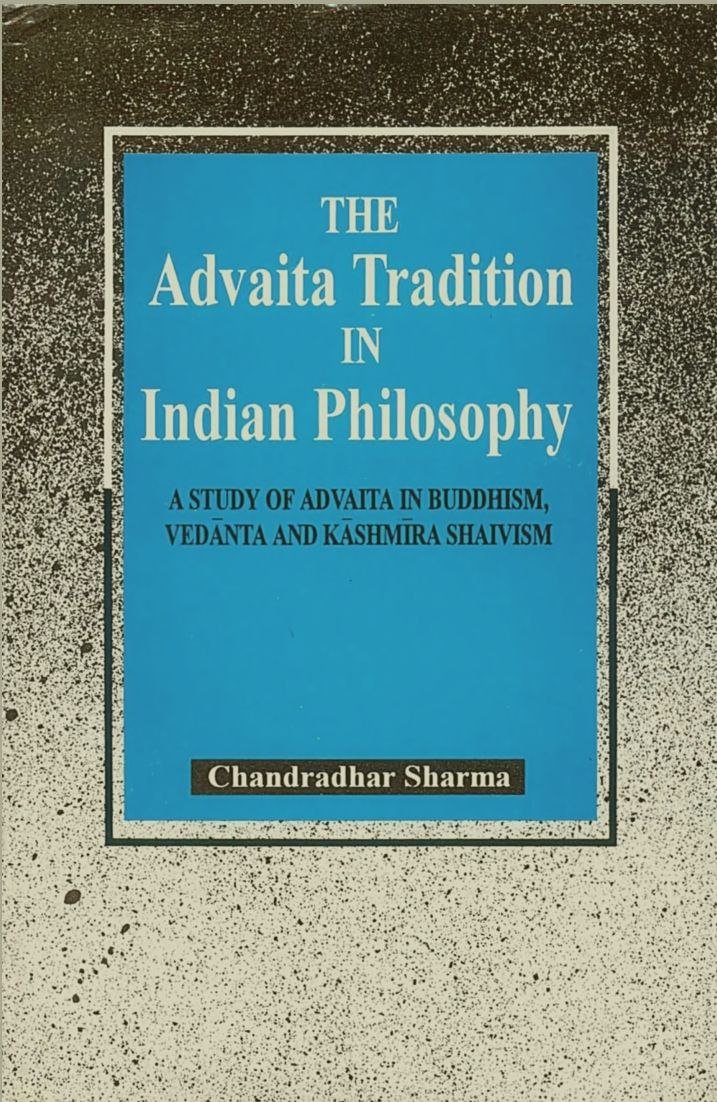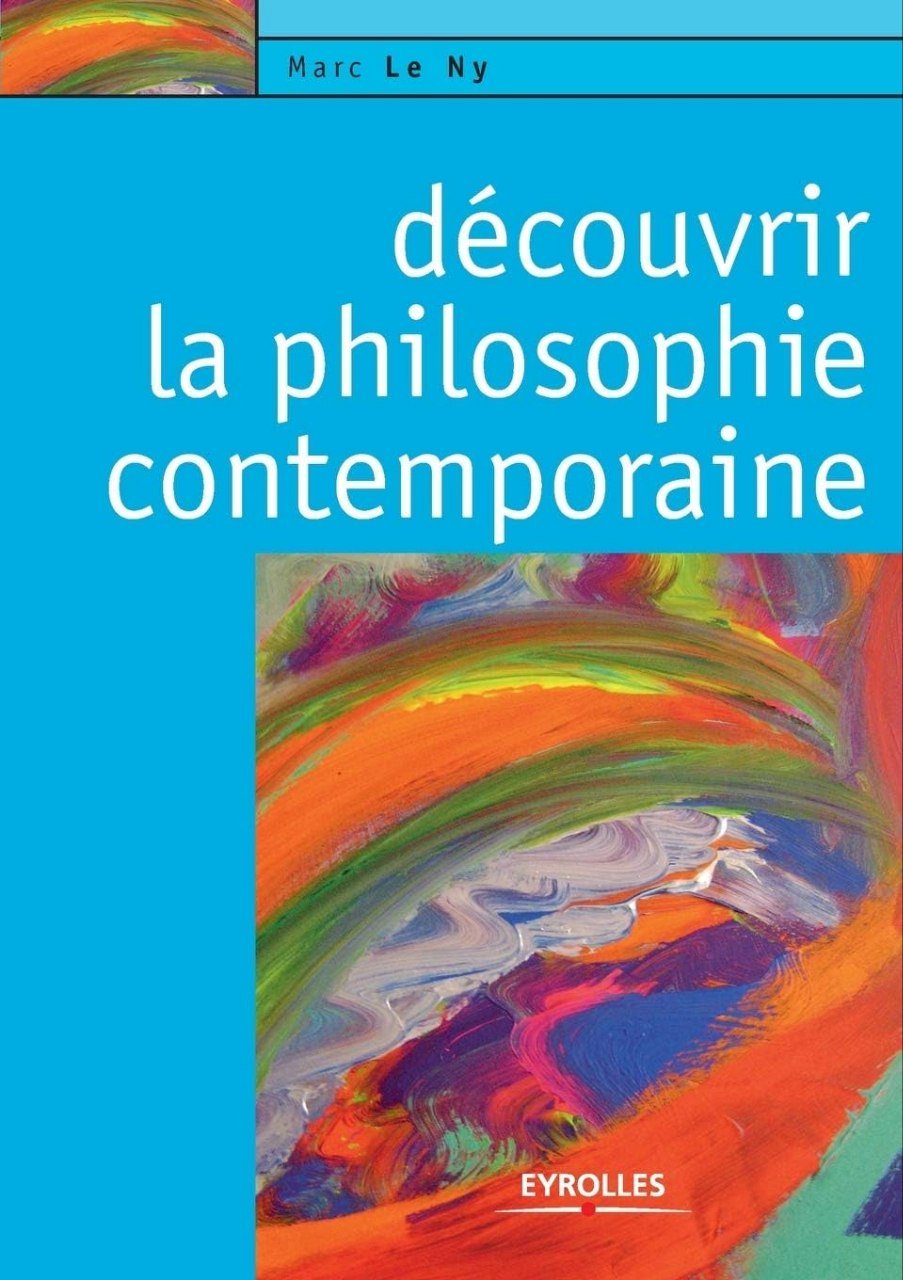

Being as Consciousness: Yogācāra Philosophy of Buddhism
Reviews
No review yet. Be the first to review this book!
Description
Being as Consciousness: Yogācāra Philosophy of Buddhism Being as Consciousness explores the profound philosophical tradition of Yogācāra Buddhism, a school of Mahāyāna Buddhist thought that posits consciousness as the fundamental reality. Rooted in the teachings of Asaṅga and Vasubandhu, Yogācāra challenges the common-sense view of an external, objective world, arguing instead that all experiences are constructed by consciousness. This philosophy asserts that what we perceive as the external world is merely a projection of the mind’s cognitive and habitual patterns, shaped by karma and conditioned perception. The book delves into key concepts such as the Eight Consciousnesses, which include the Manas (self-consciousness) and the Ālaya-vijñāna (storehouse consciousness)—the deep repository of karmic imprints that shape future experiences. It also explores the idea of Three Natures (trisvabhāva)—the imagined, dependent, and perfected natures—which serve as a framework for understanding how illusion arises and how ultimate reality can be realized through deep meditative insight. Through careful analysis, the book explains how Yogācāra thought influenced later Buddhist traditions, including Zen, Tibetan Buddhism, and Madhyamaka, while also drawing parallels with Western phenomenology and idealism. With its emphasis on the transformation of consciousness and the path to enlightenment, Being as Consciousness presents a sophisticated yet practical vision of how perception shapes reality, offering profound insights for both scholars and practitioners of Buddhist philosophy. Being as Consciousness: Yogācāra Philosophy of Buddhism Being as Consciousness explores the profound philosophical tradition of Yogācāra Buddhism, a school of Mahāyāna Buddhist thought that posits consciousness as the fundamental reality. Rooted in the teachings of Asaṅga and Vasubandhu, Yogācāra challenges the common-sense view of an external, objective world, arguing instead that all experiences are constructed by consciousness. This philosophy asserts that what we perceive as the external world is merely a projection of the mind’s cognitive and habitual patterns, shaped by karma and conditioned perception. The book delves into key concepts such as the Eight Consciousnesses, which include the Manas (self-consciousness) and the Ālaya-vijñāna (storehouse consciousness)—the deep repository of karmic imprints that shape future experiences. It also explores the idea of Three Natures (trisvabhāva)—the imagined, dependent, and perfected natures—which serve as a framework for understanding how illusion arises and how ultimate reality can be realized through deep meditative insight. Through careful analysis, the book explains how Yogācāra thought influenced later Buddhist traditions, including Zen, Tibetan Buddhism, and Madhyamaka, while also drawing parallels with Western phenomenology and idealism. With its emphasis on the transformation of consciousness and the path to enlightenment, Being as Consciousness presents a sophisticated yet practical vision of how perception shapes reality, offering profound insights for both scholars and practitioners of Buddhist philosophy.




















.jpg)

.jpeg)





.jpeg)




.jpg)


.jpeg)

.jpeg)




.jpg)





.jpeg)
.jpg)



.png)

















.jpg)


.jpg)



.jpg)







.jpg)
















































